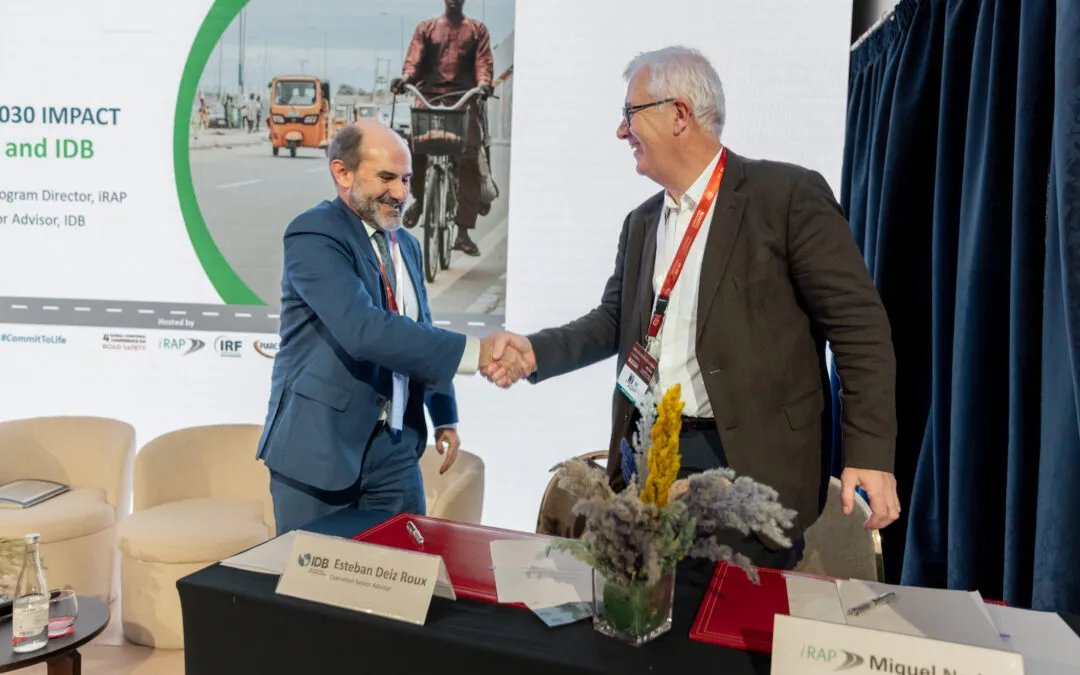Indonesia’s government is setting a US $ 20 billion budget for transport and energy sector development.
The country’s president, Susilo Bambang Yudhoyono, said the government plans to build 559km of new roads as part of a new transport infrastructure program.
September 11, 2012
Read time: 1 min
Indonesia’s government is setting a US $ 20 billion budget for transport and energy sector development.
The country’s president, Susilo Bambang Yudhoyono, said the government plans to build 559km of new roads as part of a new transport infrastructure program. He said this would contribute to the country's economy growth as well as well as close a standard of living gap between people living in cities and those in rural areas.
The country’s president, Susilo Bambang Yudhoyono, said the government plans to build 559km of new roads as part of a new transport infrastructure program. He said this would contribute to the country's economy growth as well as well as close a standard of living gap between people living in cities and those in rural areas.







